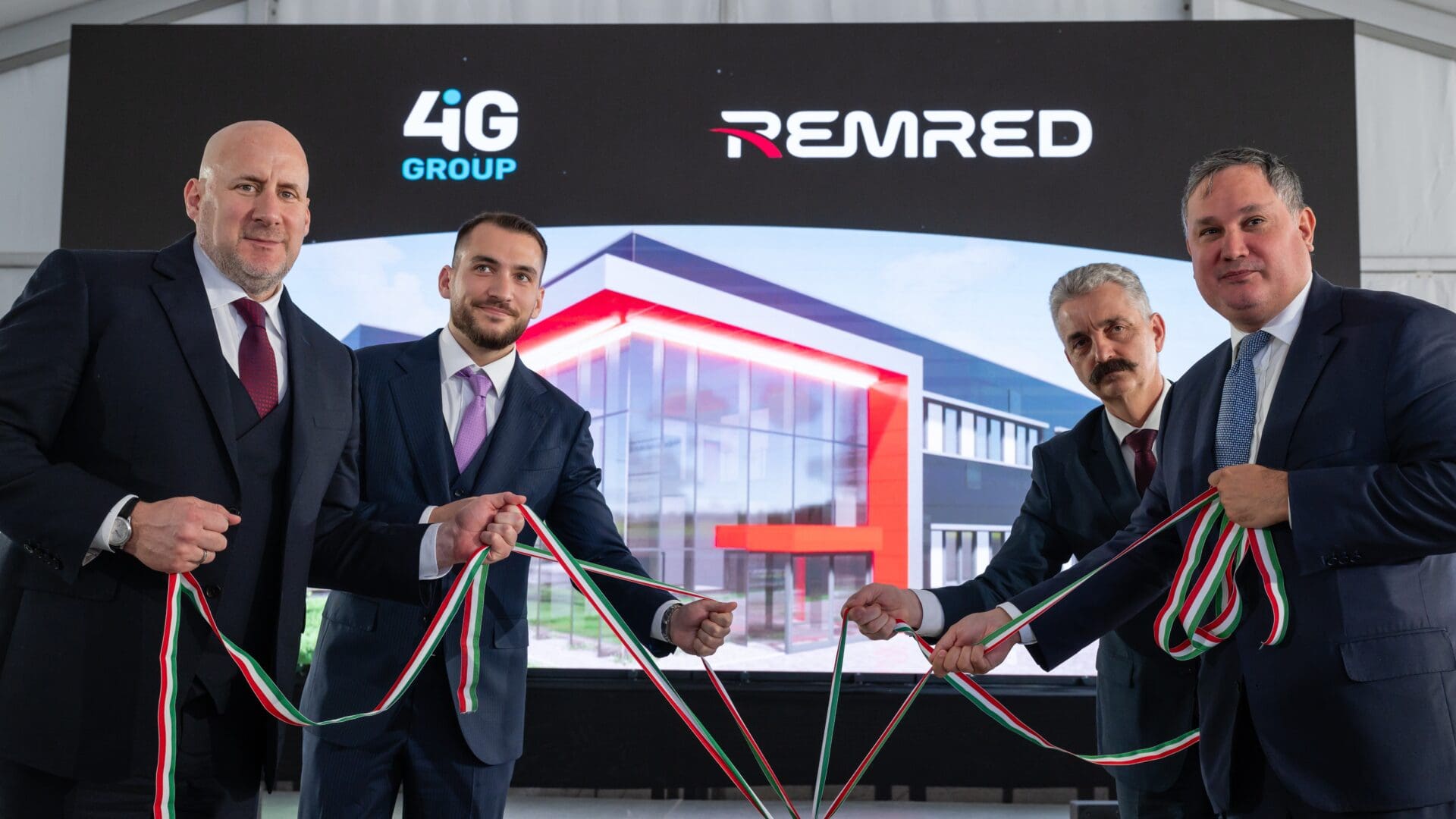Hungary’s economic ecosystem, infrastructure, and intellectual capital collectively position it to become a significant player in the space industry, declared the Minister of National Economy at the cornerstone laying ceremony of the new space technology manufacturing centre of Remred, a portfolio company of the 4iG Space and Technology space industry holding company.
Minister Márton Nagy stated in Martonvásár that Hungary’s satellite manufacturing capability is not only an economic and security matter but also a question of sovereignty. He noted that the sector has a bright future ahead as the space industry is one of the world’s fastest-growing and, according to international surveys, most resilient industries, with its value projected to reach $1.8 trillion by 2035, up from $630 billion in 2023.
The minister noted that the new facility named Remtech will be an investment exceeding 10 billion forints and will create at least 85 high value-added jobs.
Nagy emphasized that the space industry, representing the pinnacle of technological advancement, has an extremely strong multiplier effect, meaning that the innovations and technological advancements it spawns can manifest in many other economic segments. According to the minister, what was once an unimaginable venture will soon become tangible, which is especially significant because Hungary boasts excellent factories and manufacturing centres, but ‘this will be a Hungarian company with Hungarian technology.’
Nagy highlighted that various wars are being fought globally, with Hungary primarily affected by trade wars in the fields of technology and innovation, such as electric vehicles, artificial intelligence, or space exploration. Hungary is stepping into the latter with the Martonvásár space industry centre.
István Sárhegyi, co-founder of Remred and CEO of 4iG Space and Technology, spoke about how, thanks to the investment in Martonvásár, Hungary could soon become a key player in the global space market. He mentioned that even during the planning phase of the space industry centre, major international companies and manufacturers offered their cooperation, confirming the significant international demand for manufacturing satellites orbiting in low Earth orbit and for various space equipment. The goal of Remred is to leverage its own engineering capacities to develop new and unique space equipment and satellites and to become strategic partners with the largest satellite manufacturing and space industry companies, as well as national and international space agencies.
The joint investment of the 4iG group and Remred in the space technology manufacturing centre, along with the vertical integration of their space and technology portfolios, will endow them with unique capabilities and infrastructure in Central and Eastern Europe, emphasized István Jászai, chairman of the 4iG group, adding that the space industry, alongside the group’s traditional business segments of information technology and telecommunications, represents the area with the highest growth potential.
The space technology manufacturing centre will cover an area of four thousand square metres, including 1500 square metres of cleanrooms, 650 square metres of laboratory space, and 750 square metres of offices. The complex will conduct the design, manufacturing, and testing of satellites and state-of-the-art space systems from 2026 onwards using unique modular technology in Europe, with a maximum manufacturing capacity of 400 kilograms for space assets.
Related articles:








